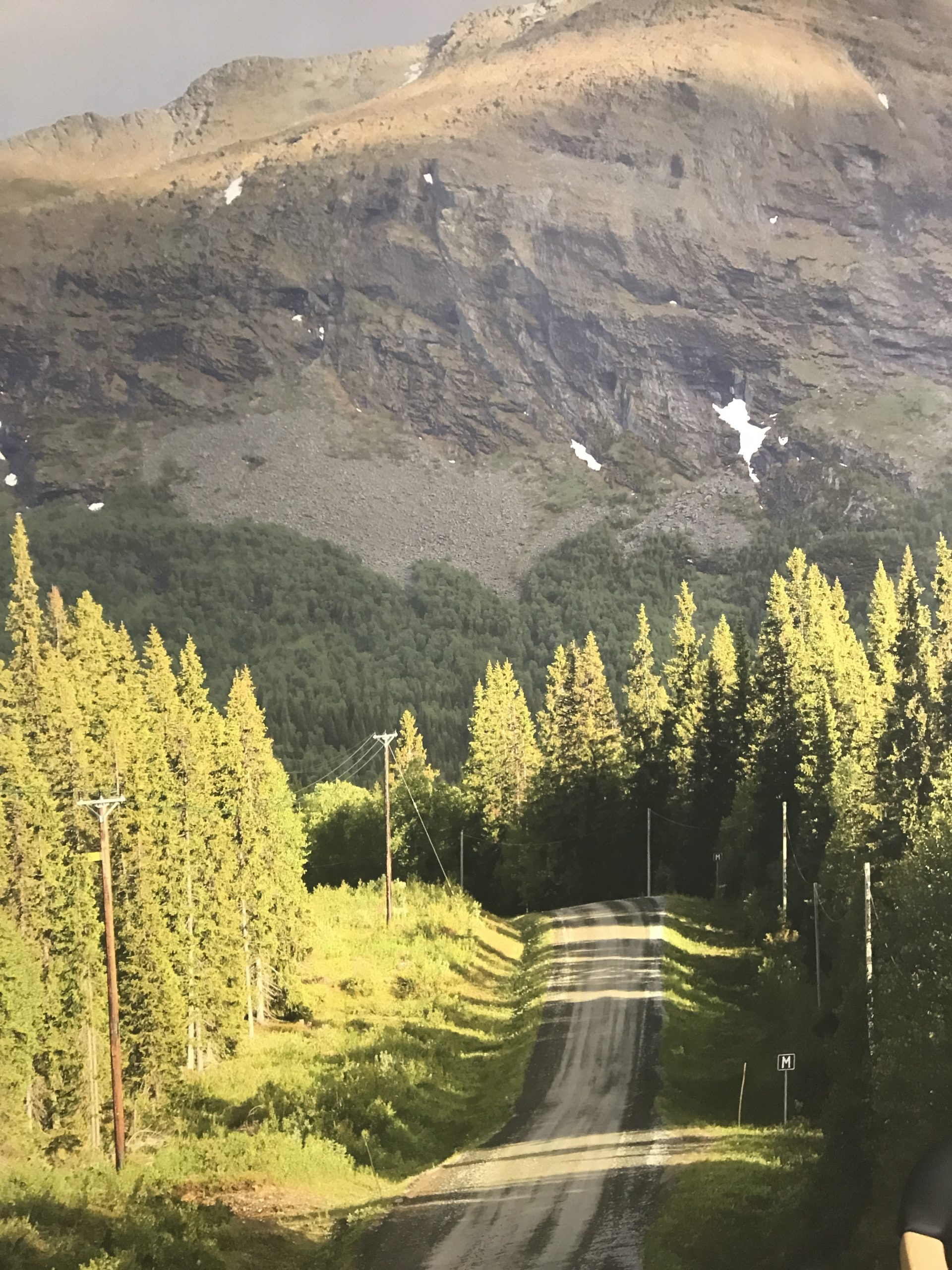Location matters. Where one is born and raised still determines to a considerable extent one’s opportunities and constrictions for living. Inequalities among regions within the EU have been growing since the 2008 economic crisis. The EU funded RELOCAL project (Resituating the local in cohesion and territorial development) has studied 33 cases around Europe to understand what effect local initiatives can have on regional inequalities or “spatial (in)justice”. As a part of the project Nordregio studied the Swedish initiative “Digital Västerbotten”, and how digitalization can impact living in rural areas.
In Västerbotten County in northern Sweden, the inland municipalities are becoming depopulated and the municipal authorities struggle to provide basic services because of long travel distances and limited resources. This is a very common phenomenon in most Nordic rural areas and there is a general concern that people living in these areas are being “left behind”. The limited resources for the inland municipalities create a situation where the municipalities can’t provide their citizens with the same opportunities as the rest of the region/country, in the RELOCAL project this is an example of “spatial (in)justice”. However, the other side of the coin shows a brighter view: The increasing digitalization of society has opened up new opportunities, and Region Västerbotten is testing new possibilities. Through the regional project “Digital Västerbotten” the municipalities in Västerbotten are sharing resources and exchanging knowledge to use for existing and emerging digital technologies to provide services and equal standard of living for people in all municipalities.
The Västerbotten case is interesting in the RELOCAL context since it is the most northern, the largest and the most sparsely populated area of all of the 33 case studies examined in the project. The area consists of 15 municipalities on 55 000 km2 and with 268 000 people, of which almost 80 percent live in the four coastal municipalities. Västerbotten is therefore an interesting setting to examine digital solutions and their effect on spatial (in)justice.

Digital divides
When services are digitalizing faster than citizens’ capabilities to use the services there is a risk of creating a so called “digital divide”. People in the region are generally positive towards digitalization but civil organisations and public authorities working with digital education and training are worried that the implementation of digital services without sufficient training will create a digital divide between generations, and possibly expand the difference between urban and rural areas. To reduce the risk of a large digital divide, several sister projects to “Digital Västerbotten” have been implemented in the region’s work with digitisation. For example, the project Digital Service Centre with aim of helping and assisting citizens with digital questions. Another project aiming to reduce the digital divide is “IT For Elderly” started by The Swedish National Pensioners’ Organisation (PRO) in Västerbotten through funding from Region Västerbotten. In 2016 the leaders of the project visited all 52 PRO organisations in Västerbotten and held motivational lectures trying to increase the interest in digitalisation among the members and thereby reduce the digital divide. As a result, 105 different “digital study circles” were created. Another well-functioning example, part of the bigger digital transformation in the area, is the “Virtual health rooms” where citizens can receive simpler tests or speak to a doctor remotely without having to travel long distances to a hospital. Successful implementation shows immense cooperation amongst actors in Västerbotten from local to regional level.
The premise and implications of the project “Digital Västerbotten” point to a way forward towards more spatial justice using digitalisation. The knowledge exchange and particularly the sharing of resources has created better access to municipal e-services for citizens as well as reduced long travel. For digitalisation to continue to be beneficial for the region the already relatively good broad band connection needs to be further developed and the digital divide needs to be attended to.
The Nordic countries are widely accepted as digital frontrunners in a European and even a global context. Thus, perhaps unsurprisingly, all Nordic countries are in the process of implementing national strategies related to digitalisation. In Sweden, each region has developed a digital agenda based on the 2011 National Digital Agenda. The digital agenda for Västerbotten emphasises seven strategic areas where digitalisation is said to have highest effect.
All cases in the project deal with spatial justice in different regions in Europe, and you can find them here: https://relocal.eu/all-cases/. On the RELOCAL website you can also find out what is next for the project. Nordregio will hold a local workshop in Vilhelmina, Västerbotten, the 20-21 of August. RELOCAL will also share a half-day session at the DG Regio Cities and Regions “Open days” with the ESPON ESCAPE project under the title “Shrinking Rural Areas and Spatial Justice” in October.




